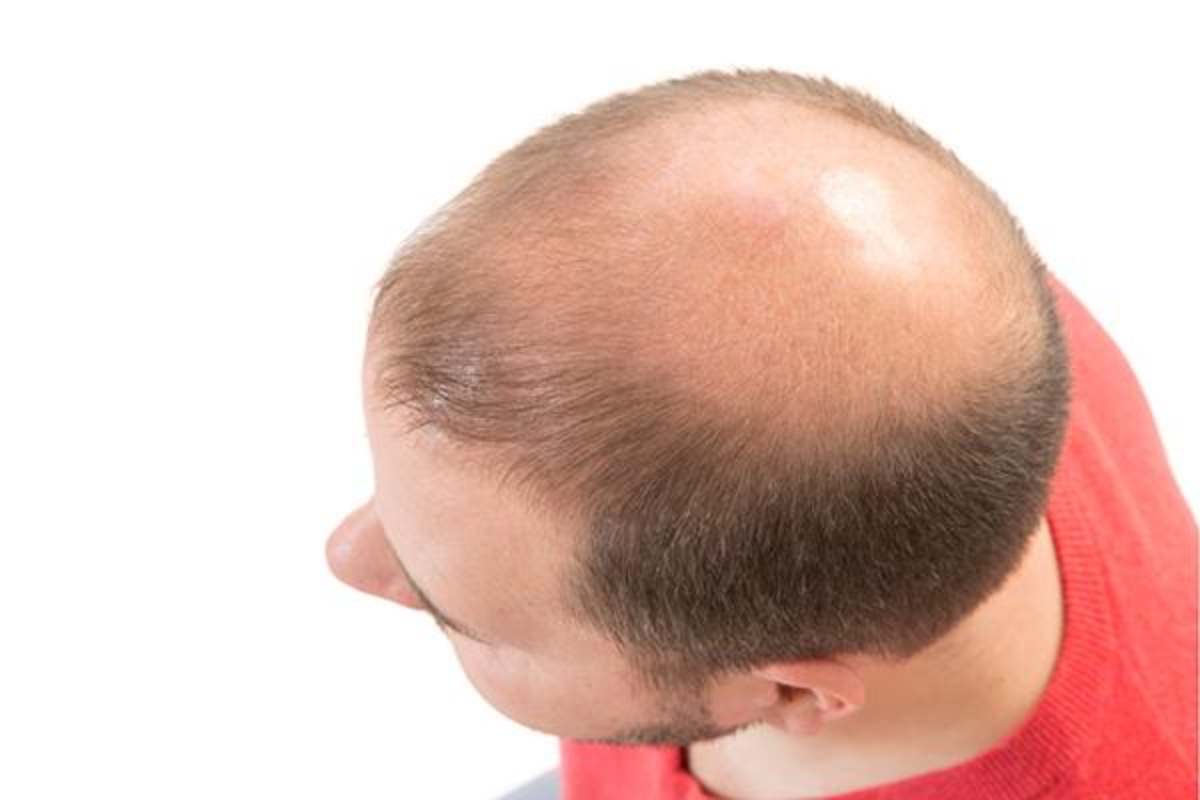In Observation of Prostate Cancer Awareness Week: Cancer and Hair Loss from a Different Angle
About a year ago, we published an entry on the hair blog addressing the question, “Does Cancer Cause Hair Loss?” This week, in observation of National Prostate Health Month (September) and Prostate Cancer Awareness Week (Sept. 17-24), we’re revisiting the connection between cancer and hair loss. But instead of considering cancer as a cause of hair loss (which it usually isn’t), we’re investigating hair loss as a possible indicator of a specific type of cancer—prostate.
Is There a Connection Between Hair loss and Prostate Cancer?
The answer to this question is a qualified “yes.” Several studies—dating back to at least 2005—have suggested a link between hair loss and prostate cancer. It’s important to note, however, that research into the connection is far from conclusive.
What Do We Know About Hair Loss and Prostate Cancer?
A 2014 study in the Journal of Clinical Oncology found evidence that patients with early onset male pattern baldness may face a higher risk of developing aggressive forms of prostate cancer. The study followed almost 40,000 men, age 55 to 74, asking them to recall their level of baldness at age 45. Subjects reporting a greater degree of baldness before age 45 were 39% more likely to develop aggressive prostate cancer. However, there was no increased risk for less-aggressive forms of prostate cancer. The main limitation to this study is that it relied on self-reported information.
A 2016 study published in the Canadian Urological Association Journal found similar results. In 394 men presenting for prostate biopsy, researchers rated each subject’s hair loss on the Norwood scale. Those with more extensive hair loss (higher Norwood scores) were more likely to have prostate cancer and high-grade disease. Though like the 2014 study, less-aggressive prostate cancers showed no correlation to pattern baldness.
Another 2016 study—this one published in the American Journal of Epidemiology—also found a positive correlation between specific forms of male pattern baldness and aggressive prostate cancer. In this longitudinal study 4,316 men, ages 25–74, were followed a median of 21 years. At the time of the report, 3,284 deaths had occurred. Prostate cancer was the underlying cause of 107. Any baldness was associated with a 56% higher risk of fatal prostate cancer; moderate baldness was associated with an 83% higher risk.
If I Have Male Pattern Baldness, Should I be Worried About Prostate Cancer?
Although a number of studies have found links between male pattern baldness and prostate cancer, correlations do not necessarily indicate a cause-effect relationship. It’s important to note that researchers who’ve studied the link between hair loss and prostate cancer all agree that male pattern baldness doesn’t cause prostate cancer nor vice versa. The connection is probably best explained by the shared risk factors for both male pattern baldness and prostate cancer, including aging, genetic factors, and androgen metabolism. In other words, one’s degree of sensitivity to DHT—the active form of testosterone—increases a man’s likelihood of developing both conditions.
Talk to Your Doctor About Prostate Cancer
Keep in mind that prostate cancer is the second most common type of cancer among men. It’s the third-leading cause of death in men. Basically, if you’re a man—regardless of whether you have male pattern baldness—it’s a good idea to have a healthy awareness of your prostate cancer risk and begin regular screening for the disease no later than age 50.
Many of you may be avoiding that embarrassing trip to the doctor for the “gloved finger test.” Remember Ben Franklin said, “An ounce of prevention is worth a pound of cure!” While someday your pattern of hair loss may be used as an indicator for prostate biopsy, our best advice for now is to talk to your primary doctor or urologist about screening today.
Get checked early and ask your doctor about getting a PSA (Prostate Specific Antigen) blood test. There are also lifestyle changes that may help lower your risk. You’ll find a list of symptoms that can be related to prostate cancer here.
Talk to the Limmer Hair Transplant Clinic About Male Pattern Baldness
If you’re worried about male pattern baldness, come see us at the Limmer Hair Transplant Clinic. We’d be thrilled to talk to you about your options for hair restoration. Whatever your personal options may be, we guarantee natural-looking results. Call the Limmer HTC today to book a consultation.







